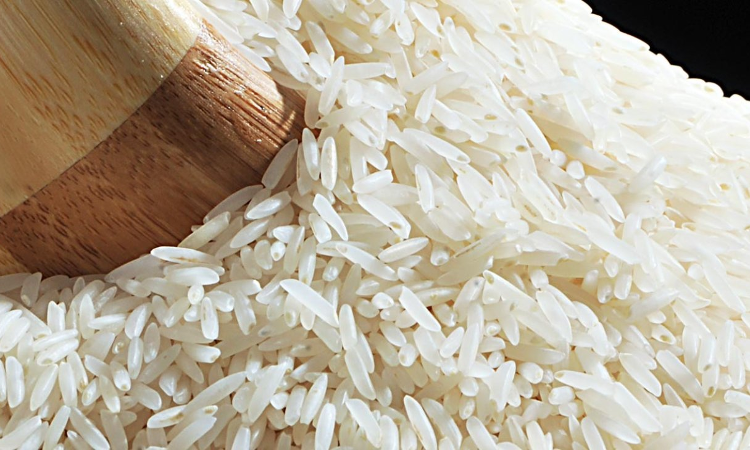Ministry Of Commerce & Industry Implements Stricter Measures To Prevent Misclassification Of Rice Exports
Bhavya Singh
28 Aug 2023 4:00 PM IST

Next Story
28 Aug 2023 4:00 PM IST
In an effort to curb the misclassification of rice exports and ensure transparency in the international trade of rice, the Ministry of Commerce & Industry has introduced additional safeguards for the export of Basmati rice. The move comes as part of the government's ongoing efforts to check domestic prices and secure food supplies within the country. The announcement comes after...
